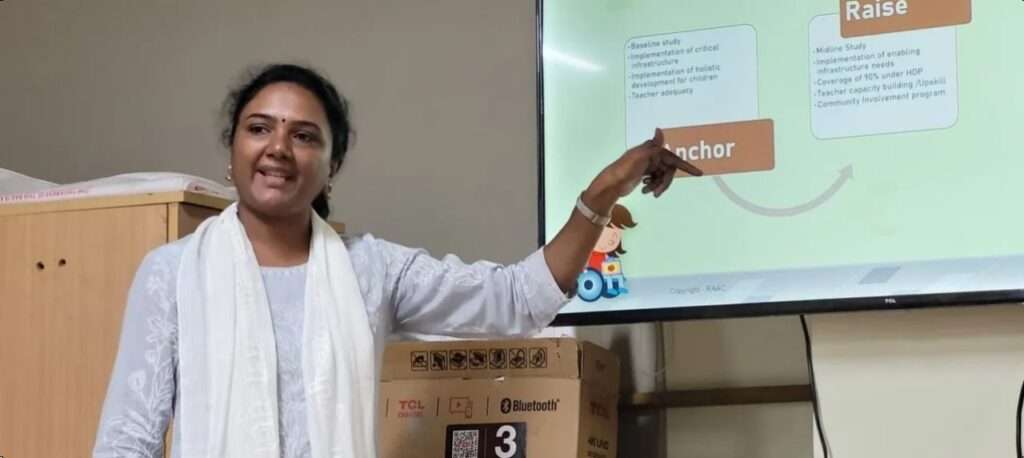Inclusion is not a charitable act; it is a Social Responsibility
While the world is gearing up for observance of International Day of Persons with Disabilities (IDPD) on Dec 3. Each one of us should realize that Disability inclusion is not a charitable act, rather it is a responsibility of each one of us. Here is my view on how various stakeholders can act responsibly in tandem with the Rights for Persons With Disabilities Act (RPWD)
”ensure that the persons with disabilities enjoy the right to equality, life with dignity and respect for his or her integrity equally with others.” – RPWD act
Corporates
RPWD act has provisions to provide incentives to employer in private sector to ensure that at least 5 % of their work force is composed of persons with benchmark disability. Here is a quick EQUAL framework for you start your journey towards Inclusion

- Enlist different job roles in your organization
- Qualify your organizations adherence to inclusive environment (infrastructure readiness and employee sensitization)
- Understand the skillset and align job descriptions
- Adapt a merit-based hiring and performance improvement model
- Limitless growth associated with continual learning
I have designed a quick and easy way to measure you Inclusion index for you to realize where you stand today. Reach me at contactus@rightdots.org for a free template.
NGO
RPWD act has provisions for Free education for children with benchmark disabilities, Reservation in higher educational institutions, 4% allocation in Government establishments, Enable accessibility, promote sports, awareness campaigns and many more. How far your work has made an impact ?
Follow the 5 W and 1 H framework to measure the impact.
- What: What is the project you are implementing through your NGO? What is the type of disability you are focusing? What is the provision of RPWD act your NGO is trying to address?
- Who: Who is your target beneficiary? (Examples: Schools, Higher Education, Adults)
- Where: Where is the project taking place and why was this location chosen?
- When: Do you have a start date and end date for the project?
- How: How is the fund managed? How are resources managed? How is the impact metrics defined and measured?
- Why: Why has the project been started? What are the reasons? What is the goal?
Reach me at contactus@rightdots.org incase if you need guidance in assessing your NGO performance using 5W, 1H model and beyond.
Individuals
Almost everyone is likely to experience some form of disability – temporary or permanent – at some point in life. Behave responsibly in all forms of actions. How far are you demonstrating inclusion in your daily life?
- Do you know basics of sign language to address/ greet a person with hearing impaired?
- Do you know basics of Braille / Tactile to train / skill a person with visual impairment?
- Do you use basic accessibility features like including sub titles in your Microsoft presentations?
- In the birthday parties/ marriage events / – how many of us have included a ramp to the stage for Wheelchair users ?
“If you give a man a fish, you feed him for a day. If you teach a man to fish, you feed him for a lifetime”
In conclusion, It is not an observance or awareness or embracing for one day in a year, it is a journey of transforming lives and their livelihood. If you are already in the journey, revalidate your objectives and impact that you are creating.
Post Script:
International Day of Persons with Disabilities (December 3) is an international observance promoted by the United Nations since 1992. It has been observed with varying degrees of success around the planet. The observance of the Day aims to promote an understanding of disability issues and mobilize support for the dignity, rights and well-being of persons with disabilities. It also seeks to increase awareness of gains to be derived from the integration of persons with disabilities in every aspect of political, social, economic and cultural life.
Theme for IDPD 2022 “Transformative solutions for inclusive development: the role of innovation in fuelling an accessible and equitable world”
References: Wikipedia, RPWD Act of India
#RPWDAct #IDPD2022 #IDPD #Worlddisabilityday #inclusion #diversity #disability #socialresponsibility

